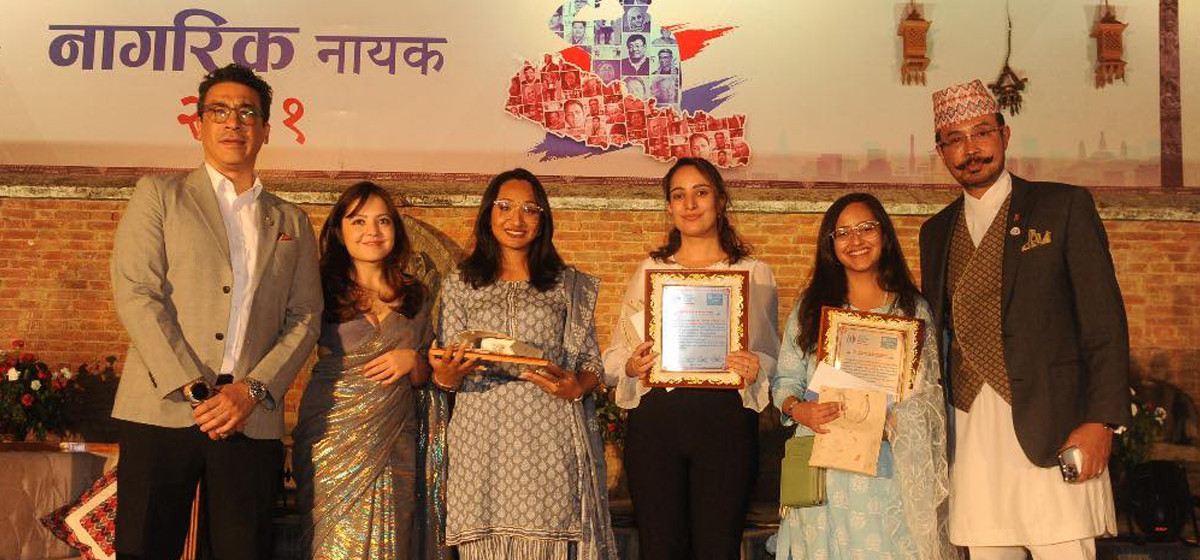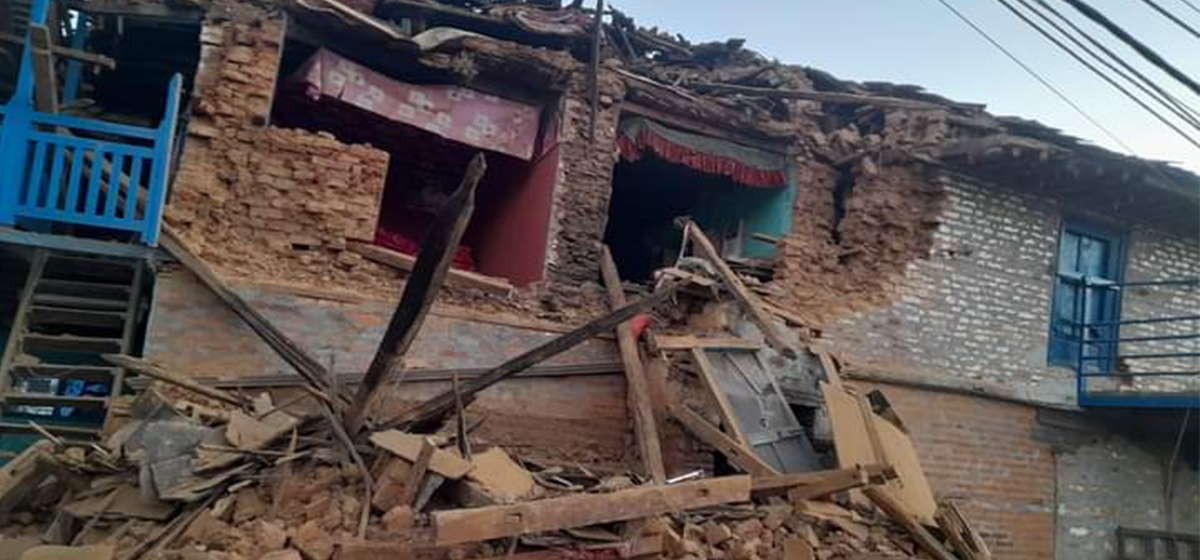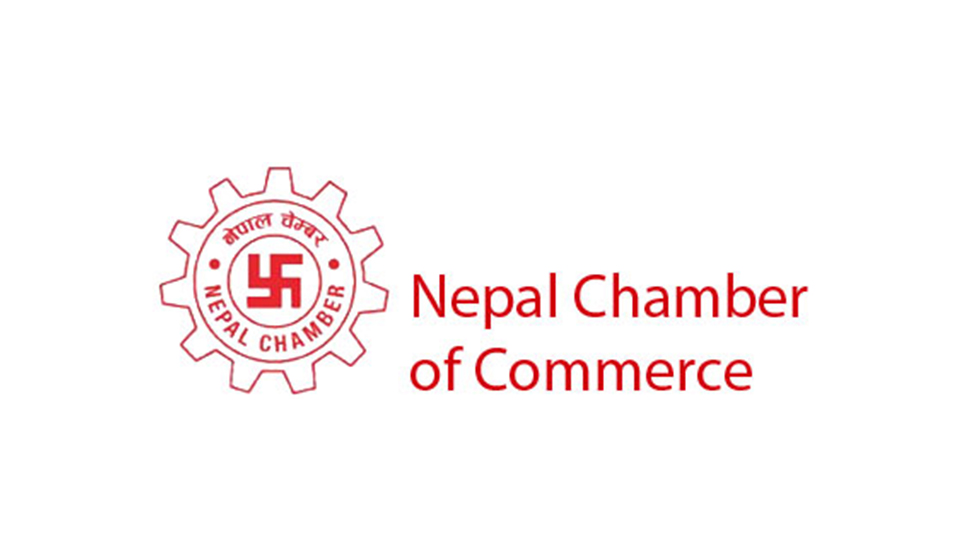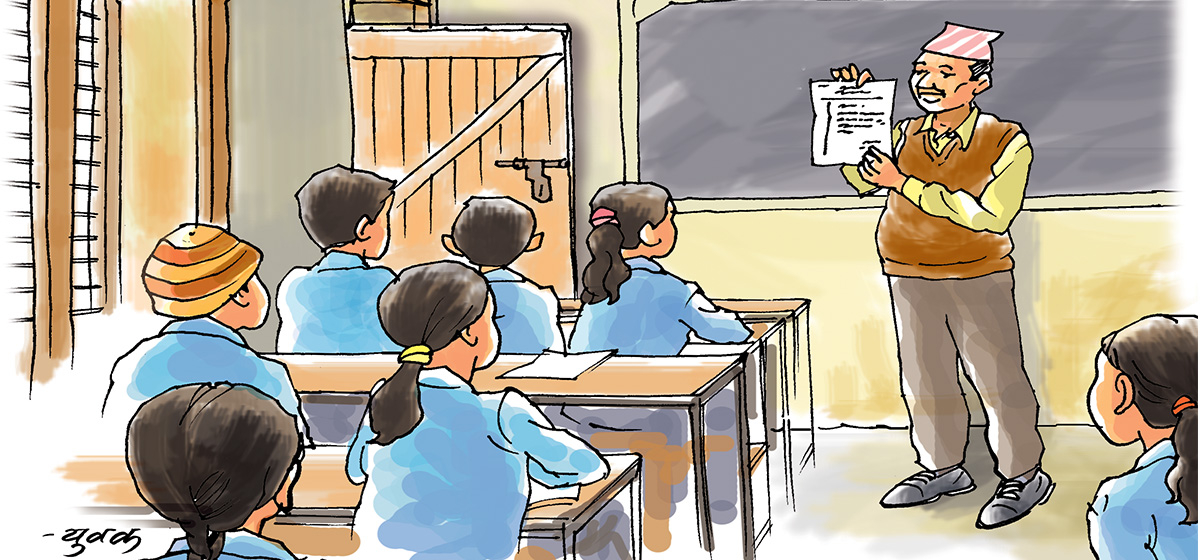
OR
Nepal and CPC conclave
There is a whiff of mystery surrounding the 19th national congress of the Communist Party of China (CPC). Who will make it to the all-powerful seven-member politburo standing committee? What policies will the congress outline for China, both at home and abroad? In fact, perhaps no one besides the 2,287 delegates who will be attending the five-yearly congress know much about what will transpire in the rather secretive gathering. But reports in credible Chinese and foreign media on the eve of the conclave seem to all agree on one thing: the congress will cement the position of Chinese President XI Jinping as China’s paramount leader and agree to (at least) five more years of his leadership. There also seems to be a near consensus that China, in Xi’s second term, will be more assertive abroad. President Xi gave the clearest sign yet of his foreign ambition with his 2013 announcement of the ambitious Belt and Road Initiative (BRI), which aims to improve China’s connectivity with Asia, Europe, and beyond. China will reportedly pump anywhere between US $4-8 trillion dollars into it.
But if after the conclave China becomes more assertive abroad, what can Nepal do to derive maximum benefit, and to ensure that greater Chinese activism is not inimical to Nepal’s interest? In some ways, Nepal could find it easier to deal with China if the entire state apparatus comes firmly under President Xi’s control. Chinese foreign policy doesn’t substantively change from one president to another. Still, knowing that Xi will be in charge for the foreseeable future will make it easier for Nepal to make its case for closer Sino-Nepal ties, in line with Nepal’s long-term objective of having a more ‘balanced’ foreign policy. This should help with implementation of recent bilateral agreements, most notably those signed during KP Sharma Oli’s state visit to China in 2016. During his trip, the two countries agreed on import of a third of Nepal’s oil need via China and on transit facilities for Nepal’s third-country trade. The infrastructure projects China is involved in Nepal could also get a boost. These are what we can expect from President Xi’s China. But how prepared is Nepal to accept Chinese help, or to deal with a more assertive China?
Above all, in its foreign forays, China wants to deal with established power centers. But Nepal is a country where the government changes every nine months. And every time there is government change, the new government ends up pursuing a completely different foreign policy track compared to its immediate predecessor. This greatly frustrates Chinese officials. It is also frustrating for the Chinese when a single construction permit in Nepal takes months, sometimes years. This is why it is important that at least our major political actors see eye to eye on vital foreign policy issues. Thankfully, there is now near consensus among our political actors that China’s BRI is in Nepal’s interest. But such a consensus will count for little unless it is backed by clear, long term policies on streamlining foreign investment and ensuring their timely and optimal use. After the CPC congress, China will have a stable government for at least the next five years. There could be no bigger fillip to Nepal-China cooperation, and no better way to protect national interest, than to ensure that the federal government that we will have after the next elections also serves out its five years.
You May Like This

Search for missing trekkers to resume in March
KATHMANDU, Jan 24: The government suspended the search for the missing trekkers in the Annapurna region on Thursday citing renewed... Read More...

Missing soldier's search continues in Narayani river
RATNANAGAR, March 20: A whereabouts of Nepal Army soldier who disappeared after jumping into the Narayani river along with his... Read More...




Just In
- Prez Paudel solicits Qatar’s investment in Nepal’s water resources, agriculture and tourism sectors
- Fire destroys 700 hectares forest area in Myagdi
- Three youths awarded 'Creators Champions'
- King of Qatar to hold meeting with PM Dahal, preparations underway to sign six bilateral agreements
- Nepal's Seismic Struggle and Ongoing Recovery Dynamics
- Shrestha nominated as Chairman of NCC's Advisory Council
- Take necessary measures to ensure education for all children
- Nepalgunj ICP handed over to Nepal, to come into operation from May 8




_20240423174443.jpg)









Leave A Comment